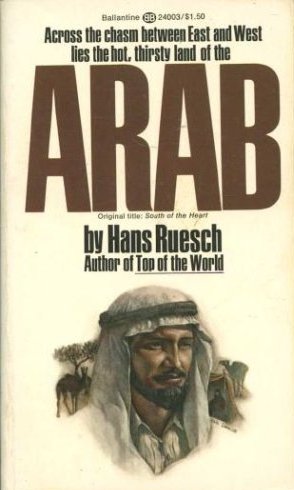"The Tongue of Funding: Politics and Practices of Casting for Arab Characters in Transnational Film and Television Production"--A Lecture
 02-5-2017 | tagged
02-5-2017 | tagged  Hiam Abbas,
Hiam Abbas,  Jean-Jacques Annaud,
Jean-Jacques Annaud,  Khaled Abol Naga,
Khaled Abol Naga,  Laila Marrakchi,
Laila Marrakchi,  Nadine Labaki,
Nadine Labaki,  Najwa Najjar,
Najwa Najjar,  Omar Sharif,
Omar Sharif,  accent,
accent,  dialect,
dialect,  indigenousness,
indigenousness,  language,
language,  transnational cinema |
transnational cinema |  Post a Comment |
Post a Comment |  Email Article |
Email Article | Here is a link to a reading of an essay I had initially presented in the Society of Cinema and Media Studies conference, in April 2016.
This reading forms the principle text of a digital research seminar among many comprising HESCALE:
HESCALE - Histoire, Économie, Sociologie des Cinémas d’Afrique et du Levant
The research initiative HESCALE intends to focus on the analysis of the film sector in Africa and the Middle East, and its activities are structured around three main themes : 1) Political, economic and industrial issues related to film production; 2) Political, economic and industrial issues related to film circulation via different media, internet, etc. ; 3) Audiences, spectatorship, film cultures and reception. The purpose of HESCALE’s annual seminar is to present different perspectives on film distribution, exhibition, and audiences in the context of technological, economic and cultural transformations. In the upcoming year, we’ll explore the ways in which research on cultural and creative industries can contribute to our understanding of film in these regions.
Following the posting of the reading was a discussion with Patricia Caille and Nolwenn Mingan, both of whom I would like to very much thank for the opportunity to participate in such an exciting project. I also wish to thank Anne Virmont for her making the discussion and contextual materials available.
HESCALE - Histoire, Économie, Sociologie des Cinémas d’Afrique et du Levant
The research initiative HESCALE intends to focus on the analysis of the film sector in Africa and the Middle East, and its activities are structured around three main themes : 1) Political, economic and industrial issues related to film production; 2) Political, economic and industrial issues related to film circulation via different media, internet, etc. ; 3) Audiences, spectatorship, film cultures and reception. The purpose of HESCALE’s annual seminar is to present different perspectives on film distribution, exhibition, and audiences in the context of technological, economic and cultural transformations. In the upcoming year, we’ll explore the ways in which research on cultural and creative industries can contribute to our understanding of film in these regions.

